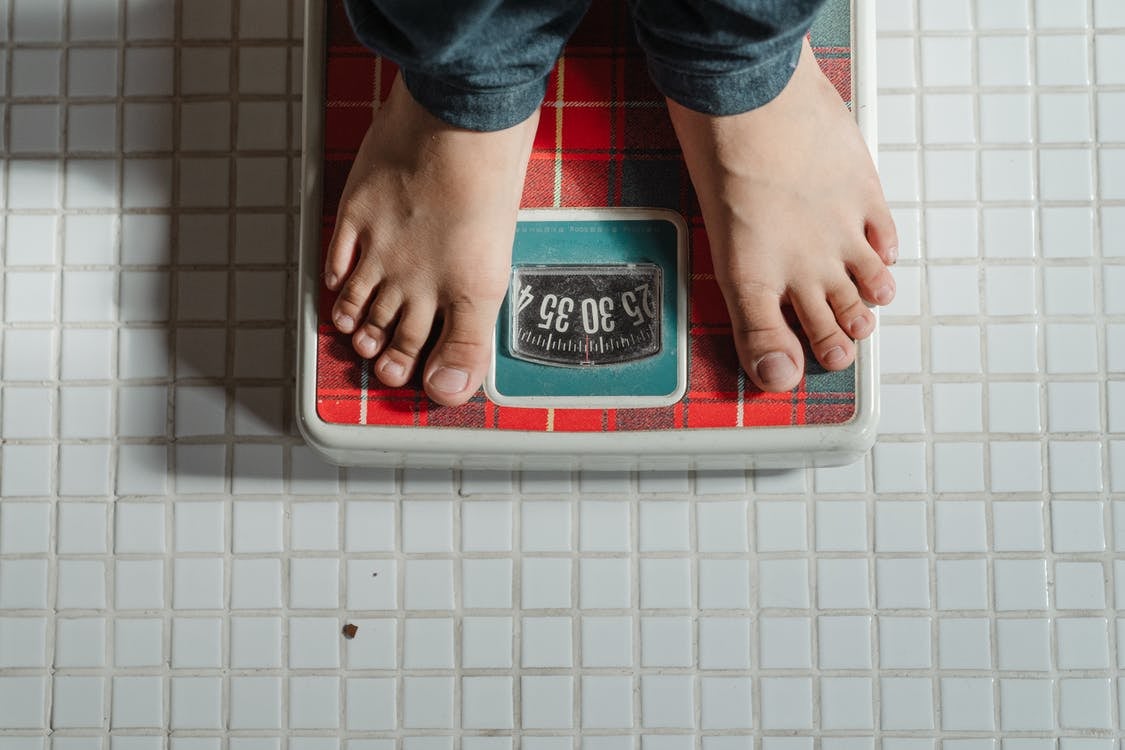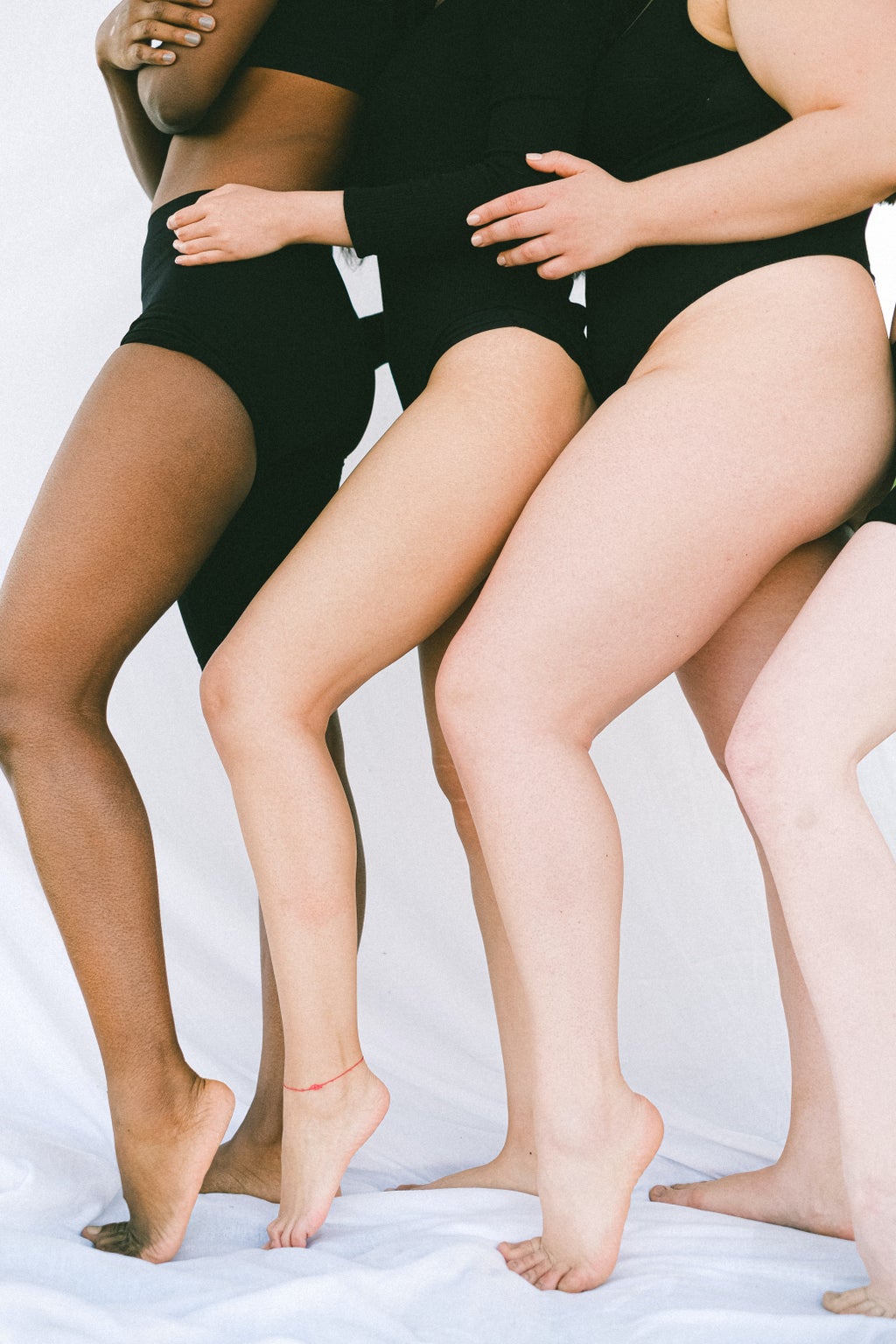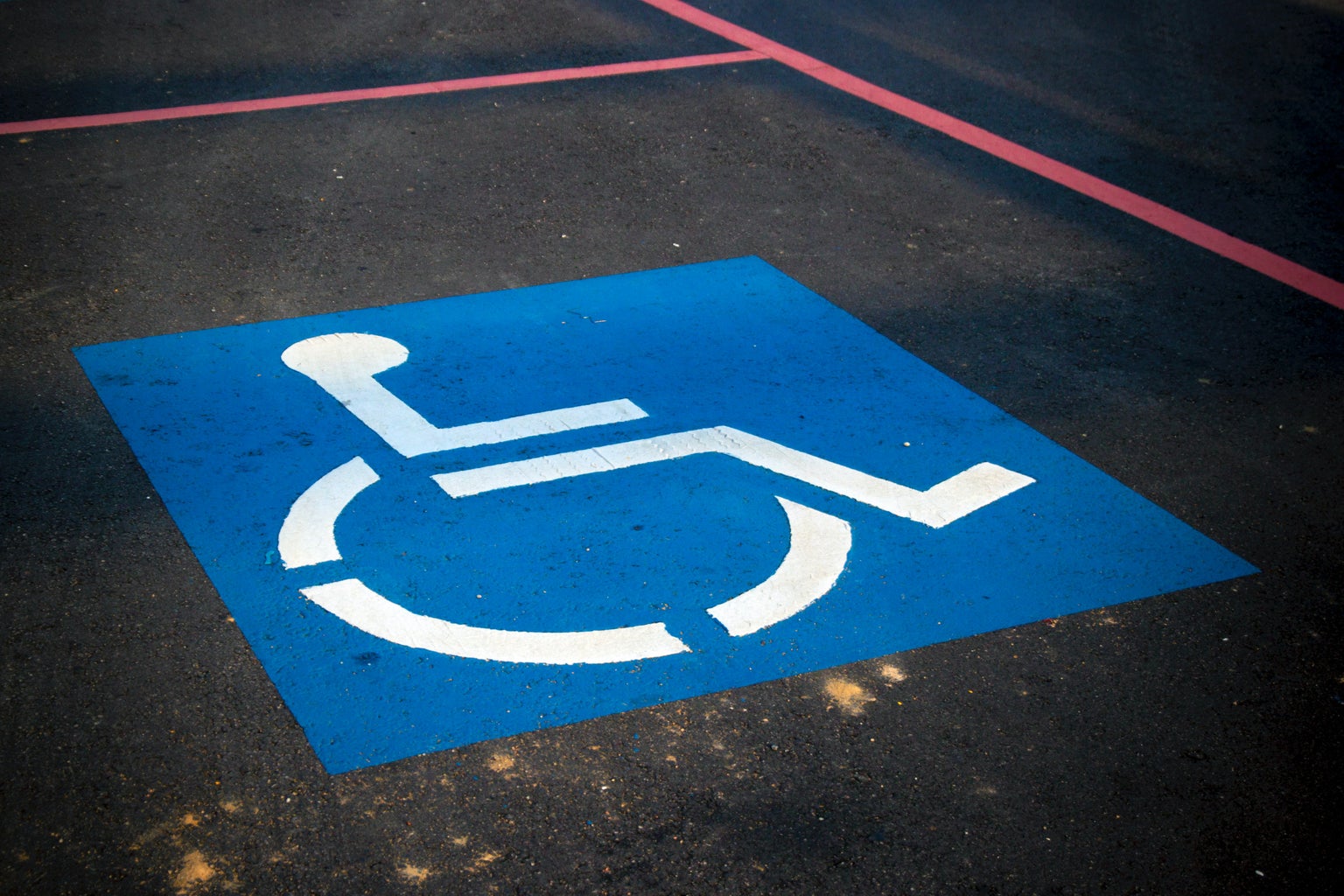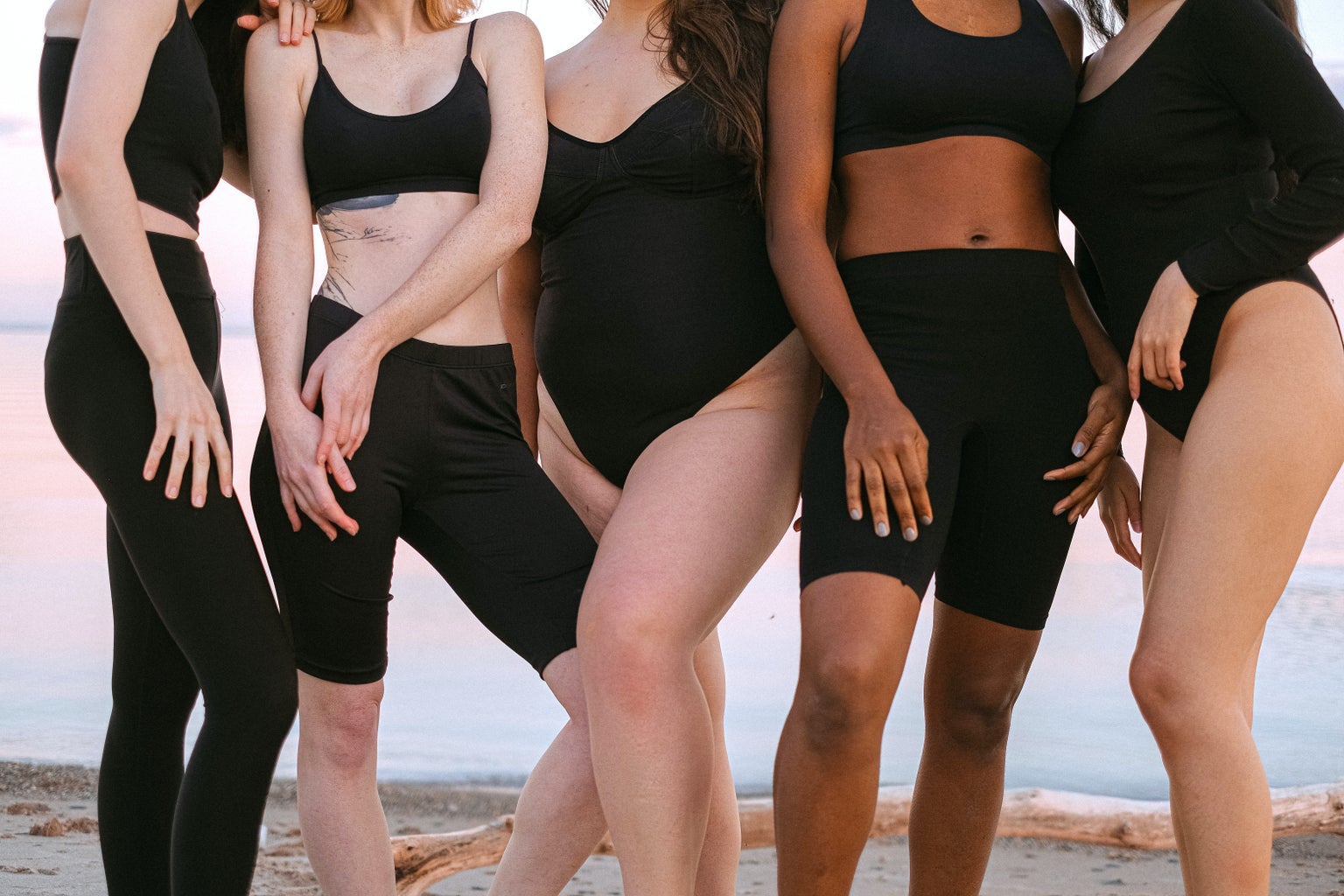I don’t love my body ( I want though, I really do) but my body deserves respect.
As much as I want to believe that I don’t care about my appearance, that I would gladly put anyone who does in their place, that my body should have no bearing on how the world perceives and receives me – I know that it is simply untrue. The fact that we are living in a world where appearance acts as some sort of currency is not lost on me and as much as I wish this were different, as much as I wish to change this; I find myself doing any and everything possible to increase my own “worth.”
It’s a strange thing this – knowing that worth is something inherent to all human beings and yet buying into this idea that physical appearance has and should have any bearing on whether that worth ‘increases’ or ‘decreases.’ We’ve been equipped with the knowledge to do better and to demand better for and of ourselves and yet here we all are, still subscribing to these harmful notions. So much that even our resistance to these notions is still very much steeped in them. So much of this resistance is centred around getting society to “accept all bodies.”
Body positivity movements are centred around getting all bodies the representation, rights, and respect traditionally afforded to slim, “fully-abled” bodies and while this is a step in the right direction, it is not enough to get us to a point where everyone is respected and treated humanely regardless of what their body looks like. This is problematic because these movements put it on us to love our bodies to demand respect for them – almost making love a condition for respect as opposed to the appearance of one’s body being the determinant for how much respect said body is afforded. There is nothing wrong with loving one’s body, in fact I encourage it and I am happy for those who do, but how you or anyone else feels about your body can’t be the reason it is or isn’t respected or the reason you do or don’t demand representation, rights and respect for your body. Again, the fact that you are a human being, is reason enough to be afforded these things. Shifting the reason, one is deserving of these things from the appearance of their body to how much they love their body, and thus, better advocate for it to be afforded these things still makes that which should be inherent, conditional and it does not get us closer to the goals of our resistance to the norms that currently regulate how we are perceived and received because of our bodies.
The thing is, there should be no conditions. The very fact that one has a body is reason enough to respect that body. The idea that someone, even yourself, must love your body, regardless of what it looks like, to attach some sort of worth to it, to afford it respect is not as revolutionary as we think it is. In some ways, it still forces us to change or feel like we must change our bodies because we want them to get to a point where they are acceptable enough for us to love. Moreover, when we think they have reached that point is still heavily influenced by the current and longstanding notions of what the “ideal” body is. I do not think it is possible to have grown up in this society, to know what we know about how privilege works and how it is afforded and not link the love we have for our bodies to how closely they do or, for the rebels, don’t relate to this ideal body. Whether your self-love is driven by how close you are to society’s notions of beauty or whether it’s driven by your non-conformity to these notions, it is still very much centred around these notions. It is for this reason that being positive about our bodies and even loving our bodies can’t be the resistance to the struggles we face on account of our bodies not fitting into the longstanding standards of how a body should be and consequently how much respect, if any, it is afforded. We can’t love ourselves out of the oppression we are subject to under the current notions of what it is to have a body in this society and, even worse, one that doesn’t fit the ideals of what a body ‘should’ be.
Things only cease to have power over us when we become indifferent to them. In terms of the representation, rights, and respect, or rather lack thereof, afforded to our bodies, we can only overcome the notions that make it so when we begin to prioritize our own humanity and that of others over our appearances.






